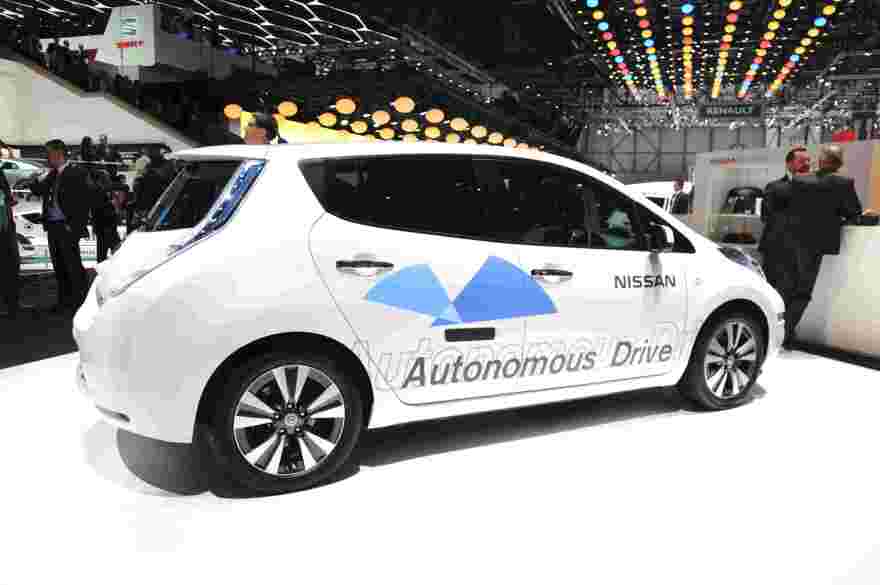You’ve probably heard about self-driving cars, drones delivering packages, you might already use a smart-home system for lights and music. But will these lead to problems in safety, security or equality?
That’s exactly what a new institute at Syracuse University aims to study – and avoid. Tech expert Pam Cohen with Ascension Global cyber-security says automation can solve challenges in society.
“Better mobility options for communities that currently don’t have connections to main areas of economic activity. It’s ways in which we can improve public safety and meaningfully change outcomes, whether it be a firefighting situation or delivering a defibrillator to a situation at remote location.”
She spoke at the introduction of S-U’s new Institute for Autonomous Systems Policy, where they’ll research controls and regulations that will help such systems be most effective.

Maxwell School Dean David Van Slyke says oftentimes the right policies lag behind technology innovations by about a decade. This cross-discipline venture can get out ahead of some of the problems.
“What will it look like to be a pedestrian in a community if the infrastructure is actually designed for driverless cars? What will it be like for an older individual for whom maybe their eyesight and hearing are beginning to change, making driving less comfortable, if they now have new forms of mobility.”
Van Slyke says questions about privacy and security, as well as technology widening economic gaps, are other areas experts and students will research. He says Syracuse, with a huge infrastructure project ahead in I-81, is the perfect laboratory for studying emerging technology. Officials say Syracuse is the first school to study policy around the rising use of autonomous systems.
CAMPUS-WIDE INITIATIVE TO HELP SHAPE NATIONAL POLICY
Van Slyke adds that all 13 schools and colleges will participate in some fashion. He can envision experts in policy, engineering, finance, philosophy, communications and more involved in projects and research. That will include trying to stave off some of the problems that can be associated with technological advances. Van Slyke expects, for example, health care to be amng the areas that will employ technology more and more.
“There’s great opportunity for these types of autonomous systems to both improve the quality of our health and extend our health. But like so many issues, the questions becomes one of is there an equality of opportunity in these types of systems, or will there be winners and losers? An institute like this, part of its challenge will be to wrestle with some of these types of questions and offer guidance and feedback, research that’s objective and evidence-based to help shape how individuals, policy-makers and organizations make decisions.”



